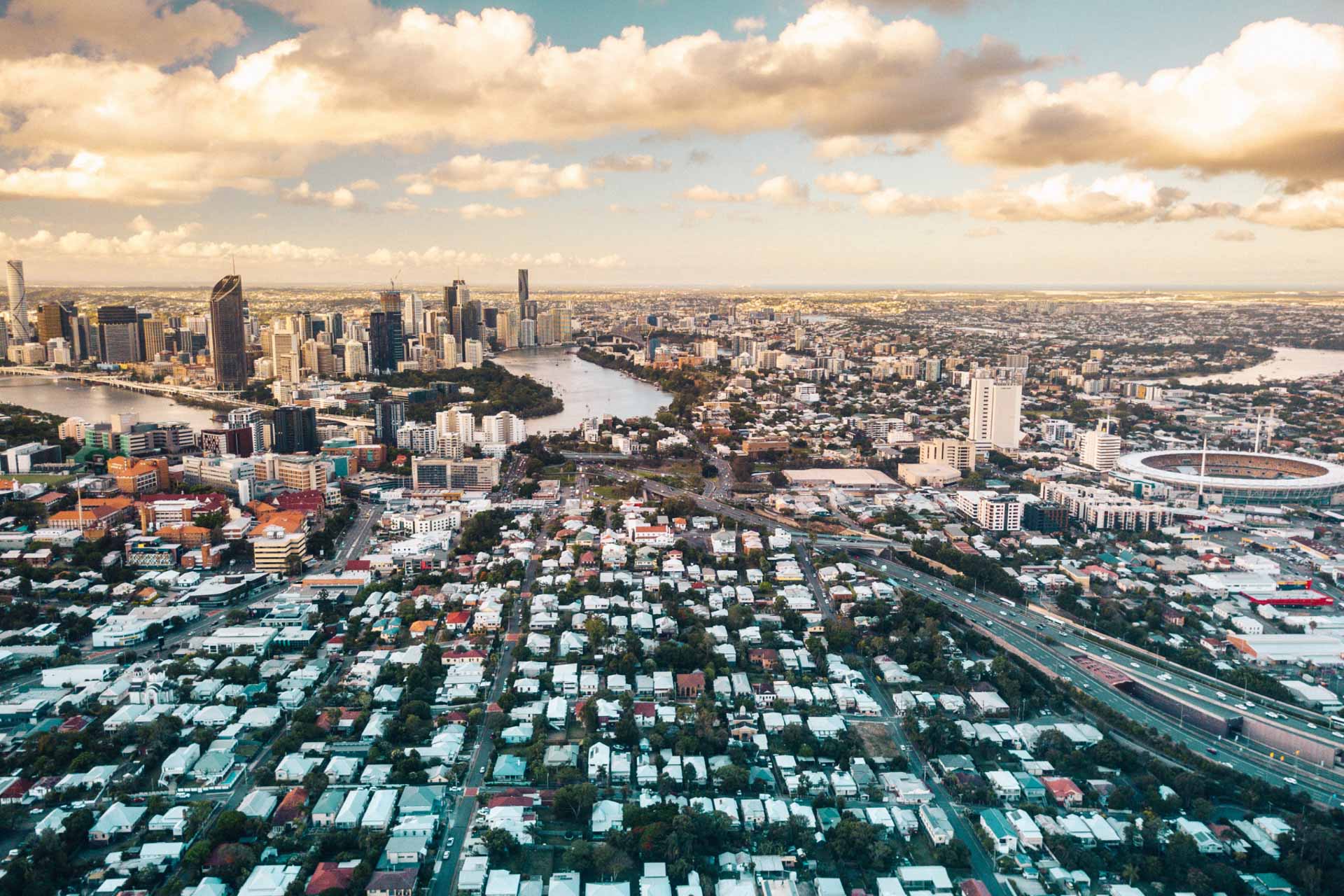I have had the great fortune of having many global experiences through Northeastern. I’ve been to Greece, Mongolia, and Australia so far, and I will soon be departing for a semester in Ecuador. Before I attended Northeastern, I had only been abroad once in my life: a summer weekend trip to Quebec, a mere 3-hour drive from my home in New Hampshire. Aside from that, New England was all I had ever known.
It may not surprise you, then, that I have made plenty of mistakes while preparing for life in a foreign country. When I went to Greece, I forgot to bring sunblock. In Mongolia, I forgot contact lenses. Hell, I didn’t even bring closed-toed shoes to Australia. I had no clue what a travel adapter was until I tried to charge my phone for the first time in Athens, and I ended up using my roommate’s adapter for the entire dialogue. But I have learned from my mistakes; while I’m sure that I’ll continue to make more, I certainly won’t be repeating the stupid ones I already made, and if you continue reading, you’ll likely never have to worry about them at all.
1 – Don’t Overpack
When I accepted my first co-op offer at a school in Mongolia, I was very excited. I couldn’t wait to show up and get into the job, and to celebrate, I went out and bought way too much formal clothing. I had heard that I would be required to dress in business formal every day, so I went and bought a few suits, a nice pair of shoes from Men’s Wearhouse, and, at least, 15 ties. Did I need 15 ties? Of course not. But I was so eager that I packed them all in my suitcase anyway. I had also heard that it would be absurdly cold in Ulaanbaatar (which it was), so I figured I needed a whole new wardrobe of winter jackets (which I did not). One long receipt from Arcteryx later, I was completely decked out in about six different sized coats – which I promptly stuffed into a second suitcase, alongside my treasure trove of patterned neckties.
Of course, when I actually got there and started teaching, I was shocked by the fact that absolutely nobody else was wearing business formal, and only two other teachers actually wore ties to work. I had come halfway around the world lugging two absurdly heavy suitcases full of clothing that I didn’t even remotely need. The entire time that I was there, I probably only wore three of my six coats, and four of my fifteen ties. I had so much extra clothing that I ended up donating the vast majority of it before I left, just because I didn’t want to lug it all back home. I would have been much more comfortable had I just stopped to think for a moment about what I was really going to need, and I certainly would have saved a fair chunk of change too.
2 – Don’t Underpack
Perhaps just as dangerous as overpacking is underpacking. It can be easy to fall into the trap of “Well, I probably won’t really need it, so let’s just leave it at home”, but there are certain things you definitely don’t want to leave behind. Example: I did not bring contact lenses to Mongolia. The first three months I was there, it was so polluted that I had to wear a face mask, but it was also freezing, meaning that my glasses got fogged up almost immediately upon walking outdoors. It was nearly impossible to navigate the city without taking off my glasses, which isn’t a great compromise when your vision is as bad as mine. As a result, I spent a solid half of my time there blindly wandering the city every day, all because I had neglected to bring contact lenses.
That’s not to say that you need to bring every little thing, however. You should always bring exactly what you’re comfortable with and nothing more. This summer, I went on a four-week backpacking trip through Italy and Germany with one of my friends, and the only pair of shoes that I brought were open-toed Tevas. After our trip, I went straight to Sydney for my study abroad. Sure, I’ve had a ridiculous square-shaped tan on my feet since June, but otherwise, I’ve been just fine.
3 – Get Your Visa ASAP
This one is extremely important. Some countries, like Ecuador for example, allow you to get your visa once you arrive and then extend it after you’ve spent 90 days there. Other countries will make your life significantly more difficult. I had to wait nearly a month for my Mongolian visa to be approved, and I actually had to delay my flight by a day because I was still waiting for it to come in the mail. A ridiculously incompetent embassy combined with impossible-to-untangle application instructions made sure that I was not getting my Mongolian visa easily, but I could’ve saved myself heaps of effort if I had applied for it the moment I accepted the job. If you have to delay your travels due to a silly miscommunication about a visa, you aren’t going to be happy and neither is your employer (if it’s for a co-op).
4 – Speak the Language (at least a little)
If you’re heading to somewhere that has a different native language and a low English-speaking population, you’re going to want to learn their language a bit before you arrive. Grab yourself a phrasebook and a dictionary and learn a few basic phrases to help yourself get around. “Where is the bathroom?”, “Good morning”, “How much does this cost?”, etc… I hardly learned any Mongolian the whole time that I lived in Ulaanbaatar, and boy was it hard to communicate. I could have saved myself a lot of time, effort, and probably money if I had just spoken the teensiest bit of Mongolian, but what can I say? I’m lazy. I have, however, learned from my mistakes; I’ve been practicing my Spanish every day in preparation for Ecuador, and I’m confident that I’ll be able to communicate once I get there.
Expect to make lots of mistakes at least once. If you’ve never lived abroad before, it can be difficult to know what you’re going to need ahead of time. Whatever happens, though, you will survive. As long as you don’t forget your visa and literally all of your belongings, odds are you’ll turn out just fine and you’ll have the experience of a lifetime. Good luck, and godspeed.










